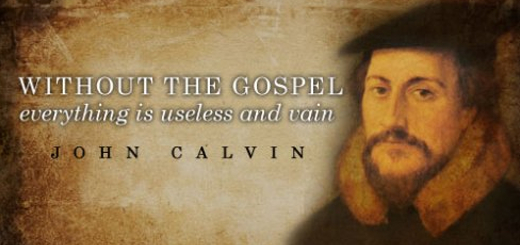Mesazhi i Biblës – The Message of the Bible
Perëndia është Perëndia sovran, transendent dhe personal që ka bërë universin, në të cilin përfshihemi edhe ne, shëmbëlltyrë mbajtësit e tij. Mjerimi ynë qëndron në rebelimin dhe armiqësimin tonë me Perëndinë që pavarësisht durimit të tij tërheq mbi ne zemërrimin e tij të zjarrtë.
Por Perëndia, për shkak se dashuria është thelbi i karakterit të tij, mori iniciativën dhe përgatiti ardhjen e Birit të tij, ngriti një popull, të cilit përmes udhëzimeve të besëlidhjes, adhurimit në tempull, sistemit të sakrificave dhe priftërisë, përmes mbretërve dhe profetëve, i mësoi diçka rreth asaj që Perëndia po planifikonte dhe priste prej tyre.
Në plotësinë e kohës Biri i tij erdhi dhe mori natyrë njerëzore. Herën e parë Ai nuk erdhi për të gjykuar por për të shpëtuar; ai vdiq në vend të popullit të tij, u ngrit prej së vdekuri dhe duke u kthyer tek Ati i tij qiellor dërgoi Frymën e Shenjtë si kapar dhe garanci të dhuratës përfundimtare që ai ka siguruar për ta – një përjetësi plot shkëlqim në praninë e vetë Perëndisë, në një qiell të ri dhe tokë të re, në shtëpinë e drejtësisë.
E vetmja alternativë është të dëbohesh prej pranisë së Perëndisë përgjithmonë, në torturat e ferrit. Ajo që duhet të bëjnë burrat dhe gratë, para se të jetë tepër vonë, është të pendohen dhe të besojnë Krishtin; alternativa është të mos i bindesh ungjillit. (Romakëve 10:16, 2 Thesalonikasve 1:8. 1 Pjetri 4:17)
D. A. Carson
====================================================
D. A. Carson:
God is the sovereign, transcendent and personal God who has made the universe, including us, his image-bearers. Our misery lies in our rebellion, our alienation from God, which, despite his forbearance, attracts his implacable wrath.
But God, precisely because love is of the very essence of his character, takes the initiative and prepared for the coming of his own Son by raising up a people who, by covenantal stipulations, temple worship, systems of sacrifice and of priesthood, by kings and by prophets, are taught something of what God is planning and what he expects.
In the fullness of time his Son comes and takes on human nature. He comes not, in the first instance, to judge but to save: he dies the death of his people, rises from the grave and, in returning to his heavenly Father, bequeaths the Holy Spirit as the down payment and guarantee of the ultimate gift he has secured for them—an eternity of bliss in the presence of God himself, in a new heaven and a new earth, the home of righteousness.
The only alternative is to be shut out from the presence of this God forever, in the torments of hell. What men and women must do, before it is too late, is repent and trust Christ; the alternative is to disobey the gospel (Romans 10:16; 2 Thessalonians 1:8; 1 Peter 4:17).
For Such a Time as This: Perspectives on Evangelicalism, Past, Present and Future, ed. Steve Brady and Harold Rowdon (London, UK: Evangelical Alliance, 1986), 80.


